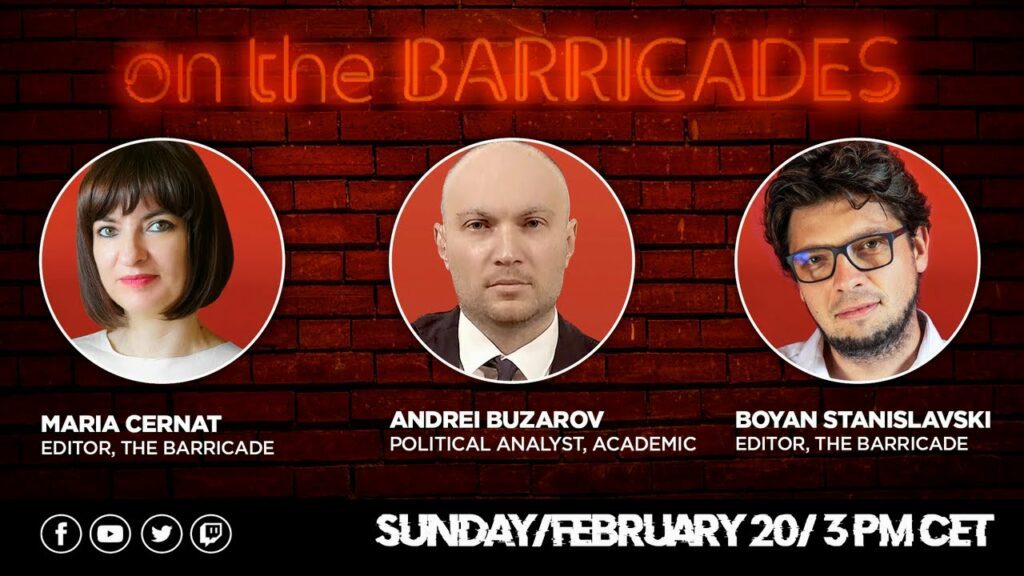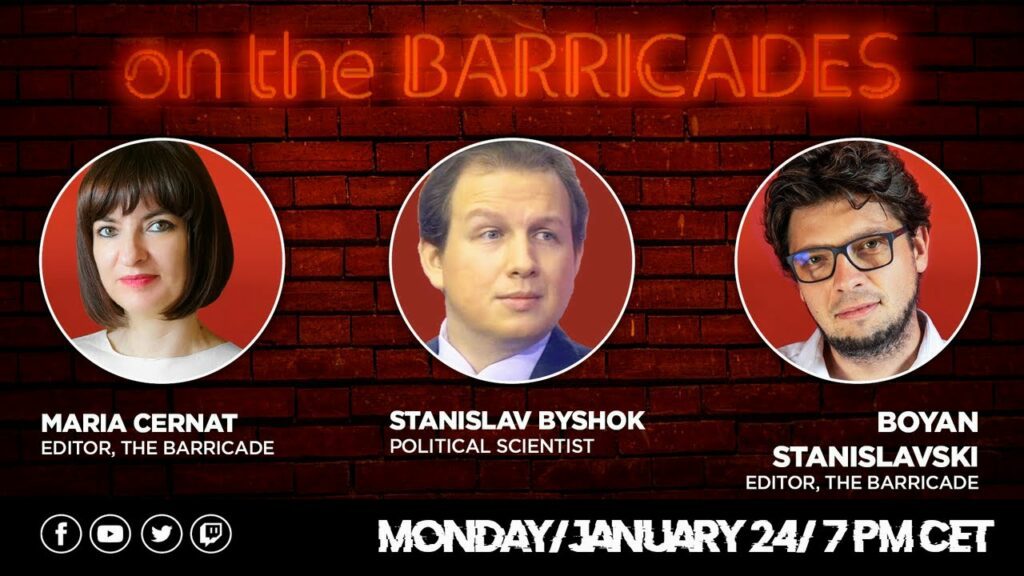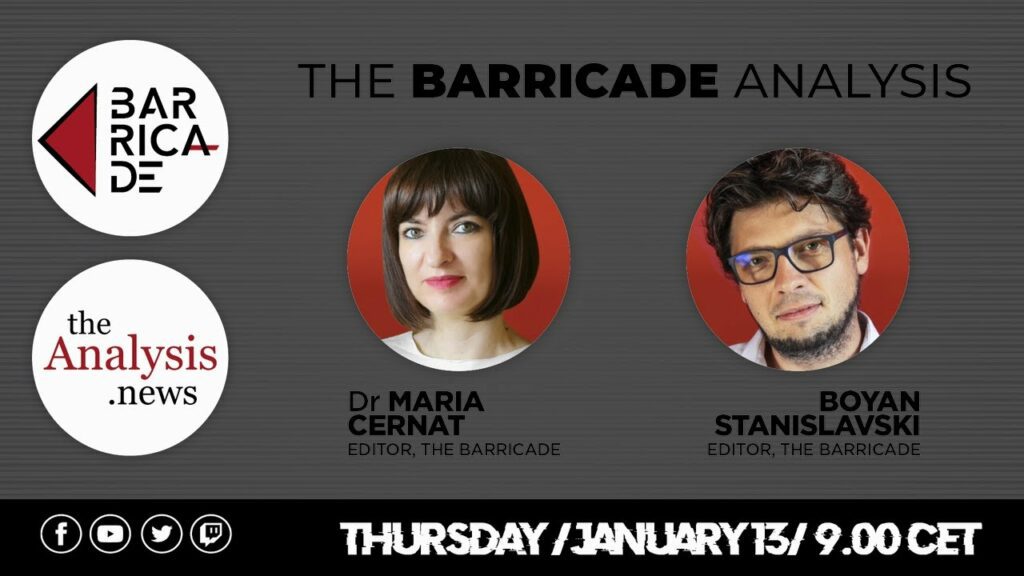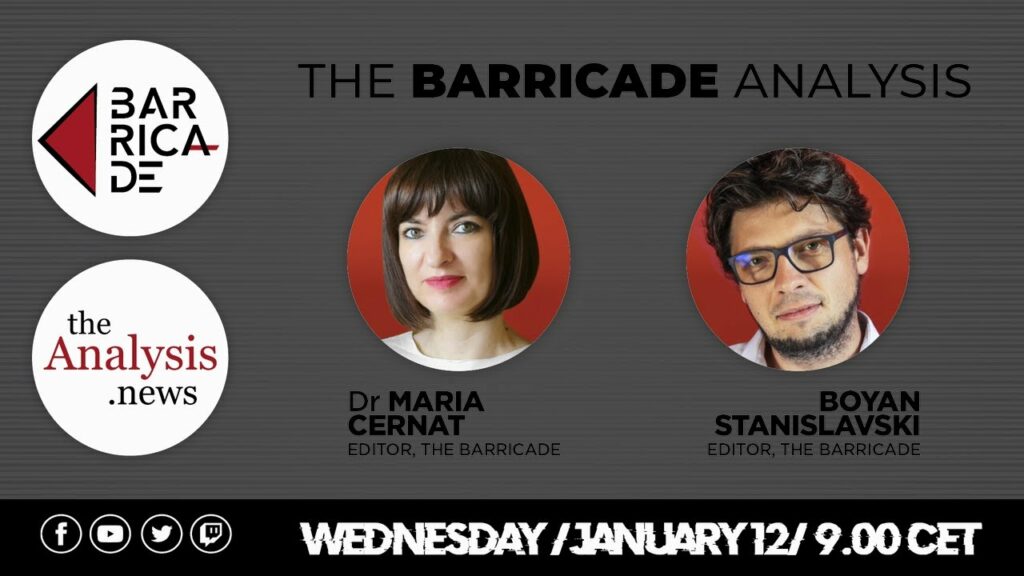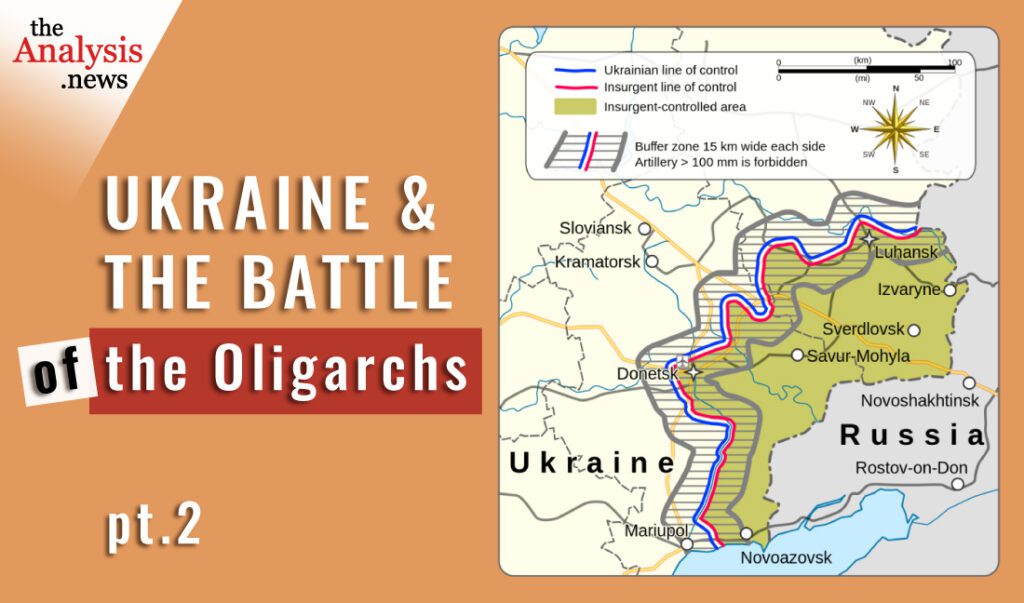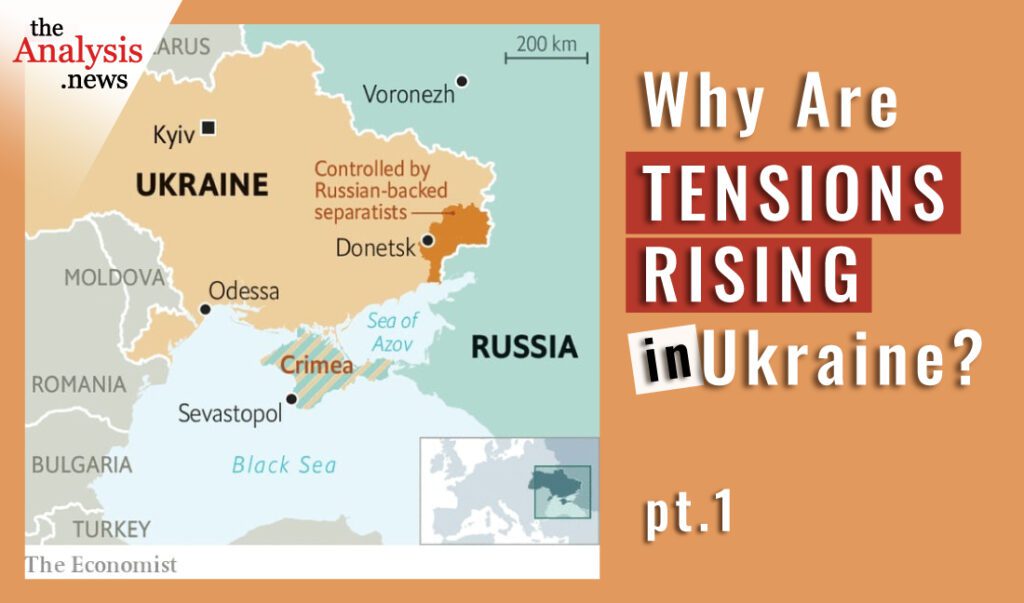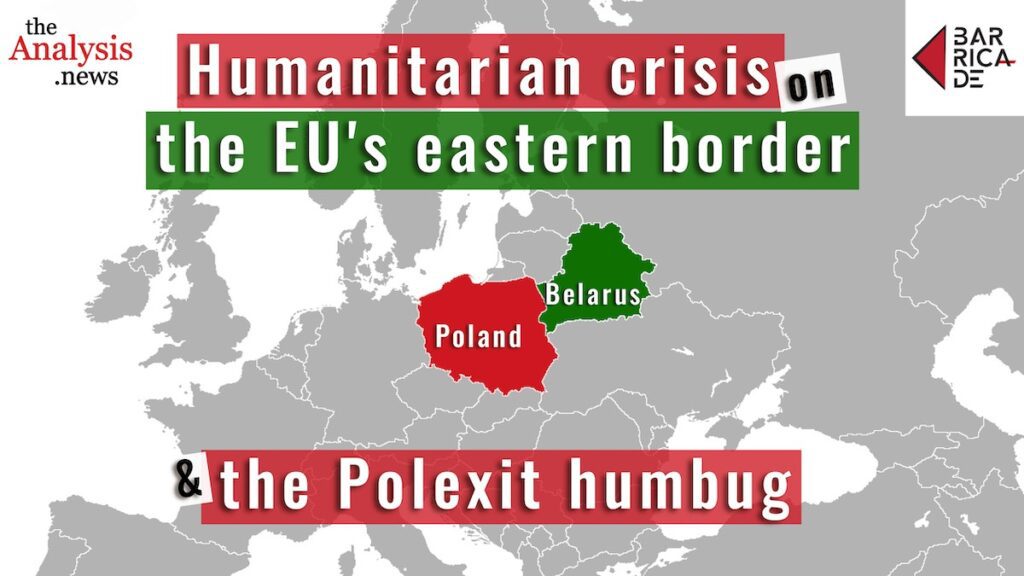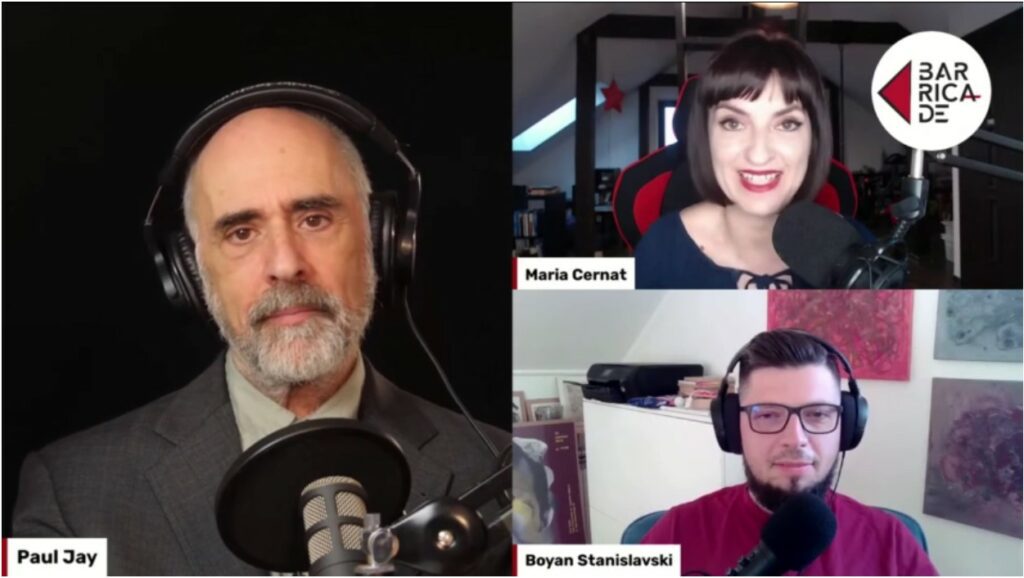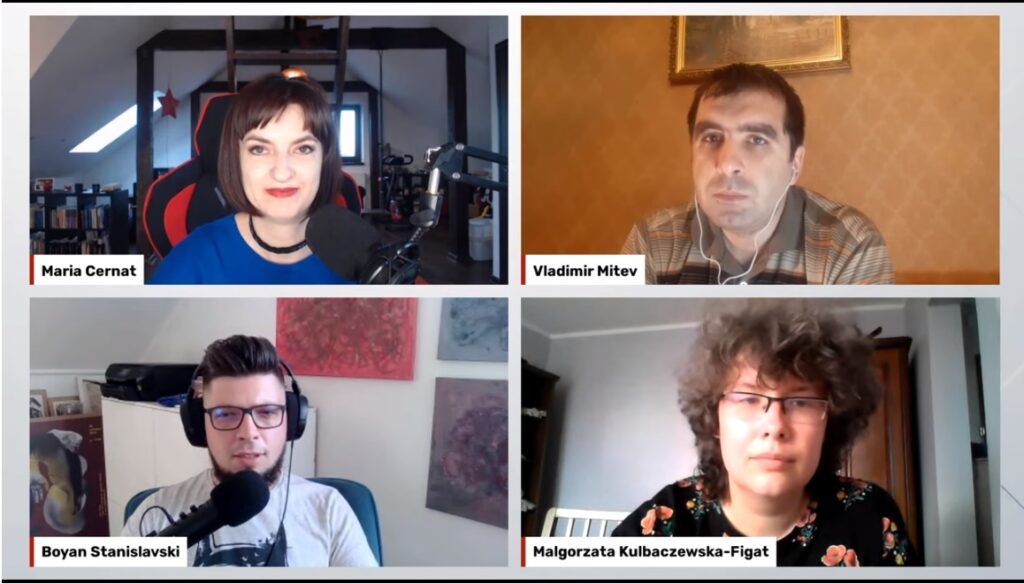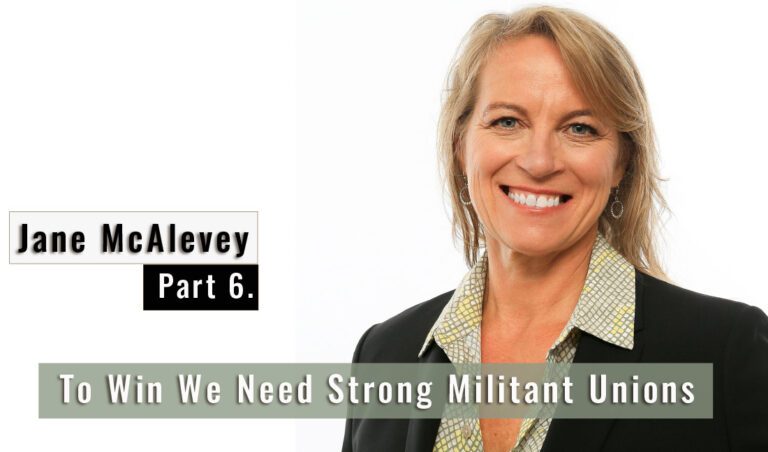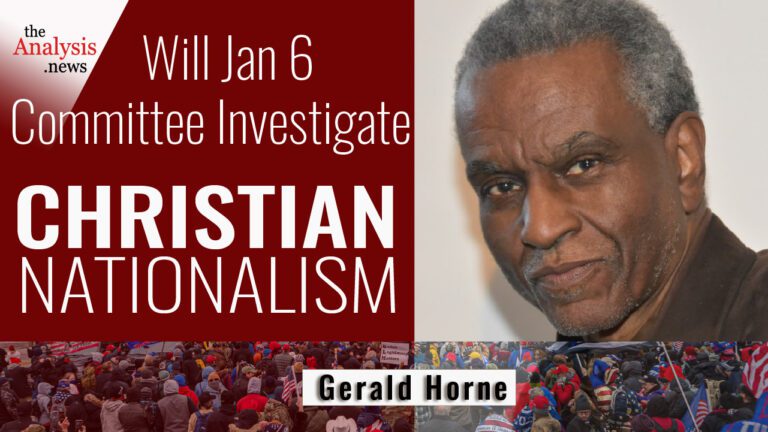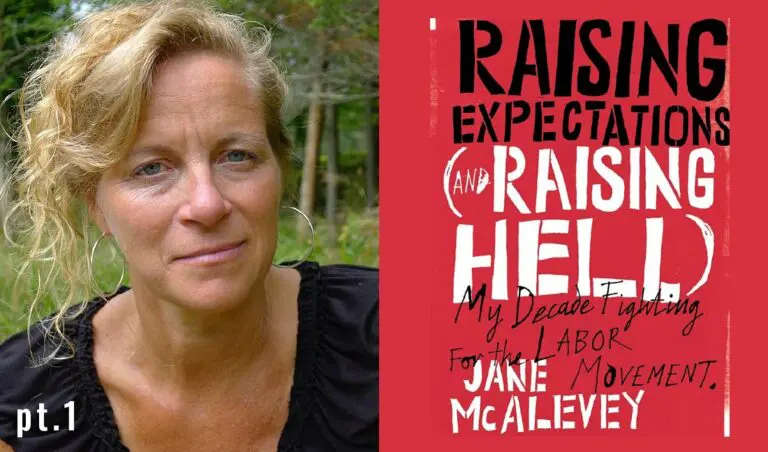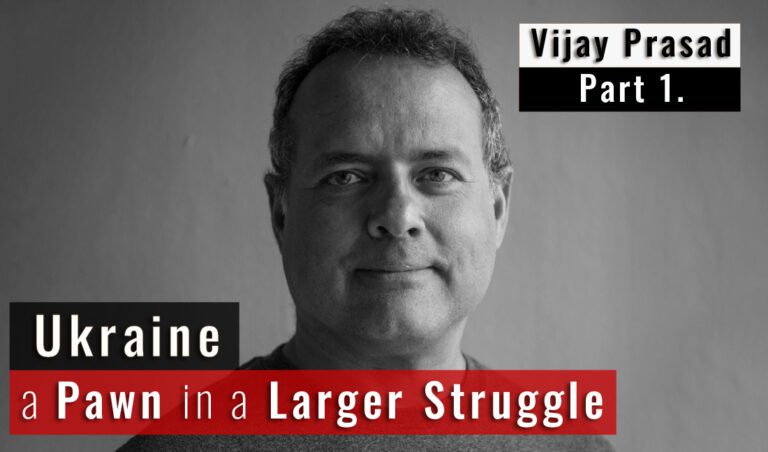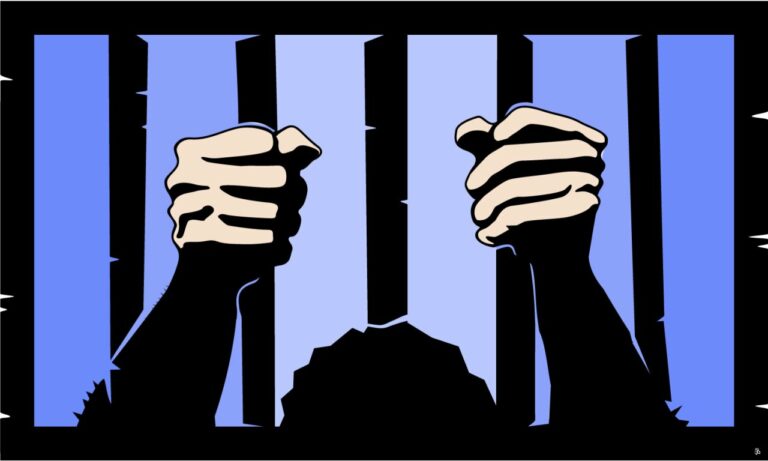This interview was conducted on February 19th, two days before Russia recognized Donetsk and Luhansk.
In the midst of the escalating tensions in and around Ukraine, the hosts of “On the barricades” have invited a special guest who is a political scientist, security analyst, and academic currently residing in Kiev. Andrey Buzarov is originally from Donetsk, and he not only shares his expertise and comments on current events, but he also provides an insightful perspective of someone who is on the ground in Kiev and has relatives living in East Ukraine.
Maria Cernat and Boyan Stanislavski speak with Andrey about the events of the last 72 hours, which appear to show that another massive escalation is taking place. Is this just another propaganda exercise this time on the part of the Russians? Is a Ukrainian invasion of the breakaway republics really a threat? What do Ukrainian politicians hope for? Is Zelensky’s game as clever as it appears? Are there any negotiations going on behind closed doors? How does the sudden escalation of tensions affect Ukrainian society?
Boyan Stanislavski
Hello and welcome, everyone. This is On the Barricades. It’s another edition of our show made and provided to you by Eastern European journalists, academics, and activists. Today, of course, we’re going to discuss another super important Eastern European topic, which is basically the continuation of our previous discussions on Ukraine. As Maria indicated in our previous programs, we do the impossible, actually, which is we speak about Russia to Russians. Now we’re going to speak about Ukraine with a Ukrainian.
Moreover, we’re going to speak to someone from Donetsk, which is the region at the centre of the conflict, the centre of attention. We were initially going to discuss what happened over the last two or three weeks and all the diplomatic or semi-diplomatic shenanigans but provided the radical escalation of the situation over the past 22 hours, we’re, of course, going to start exactly there.
Before I say anything about the topic, which is the theme of today’s program, I want to say hello to my co-host, Maria Cernat. And I want to say hello to our special guest, Andrey Buzarov, a political analyst specializing in conflict resolutions and conflict analysis. He is now residing in Kyiv, but as I said, he’s from Donetsk. Welcome to both of you.
Maria Cernat
Hi.
Andrey Buzarov
Hi. Thank you, Boyan, and thank you, Maria, for the invitation.
Boyan Stanislavski
So, Andrey, please tell us what has actually happened? How do we make sense? How does the Eastern European audience, which is the majority of the audience of our program or people from the West, interested in our region. What was the most important thing that happened over the last 72 hours? Because we are getting bombastic headlines like ‘Evacuation from Donetsk People’s Republic,’ ‘Evacuation from Luhansk People’s Republic’. Call on all healthy men to stand up, take arms and prevent what is being described as Kyiv’s aggression. On the other side, Kyiv says we have no plans for any aggression. We’re not doing anything. There are blasts, the kind of gas infrastructure that has blown up in Luhansk People’s Republic. There are some reports about kindergartens being attacked, and all the rest. Please try and help our viewers and us, and our listeners make some sense of what actually happened over the last 72 hours.
Andrey Buzarov
First of all, I will try to use only facts and some suggestions, my suggestions and explanations for the situation. Concerning the last three days or last two days, there are two important facts which I think were interesting for the foreign spectators, for foreign experts. They’re continuing the ongoing process of the information and war, an information war, between Russia and the West and, on the other hand, between Ukraine and Russia.
The second fact is very important, as you mentioned, Boyan, and this is escalation, but escalation is not very unusual. I mean, during the last eight years, we saw a lot of escalation, and for the majority of the Europeans who are not fully involved in the information situation in Ukraine, it looks like a very special situation. For Ukrainians who know deep inside the situation, especially for the soldiers or Ukrainian soldiers who fought, and for Ukrainians who are originally from the East of Ukraine where there’s a border between Russia and Ukraine, the situation is unfortunately understandable.
Concerning the information situation, the information war, me knowing foreign languages I can read foreign media. And knowing the Russian language, I can read Russian or Belarus, or the Russian-speaking media of the post-Soviet countries. Unfortunately, I cannot say that both spots are adequate. I would say that a lot of personal expressions and a lot of personal estimations of the situation and the few facts we have in Western and Russian media.
I think if you want to understand the situation better, you should ask Ukrainians because we are inside. We can advise the West or the East on what we see in the escalation, which is now going on in the West of Ukraine, and I think it will be near in two days. Unfortunately, it’s a part of some kind of hybrid tactics of Russia, first of all. So I think that the escalation, the tense which we see now in the information sphere, this is one kind of tense from Russia. We saw during the last two weeks the Washington Post, New York Times, Wall Street Journal, The Economist, they wrote a lot about the possible attack by Russians, but there weren’t any serious signs of such kind of attack. There was a readiness of Russians to show their power, military power, but not to attack.
But now we see the escalation in Donbas, which is very difficult to explain because it’s very difficult to explain the final aim of Russians to use the pressure now? Maybe it’s negotiations. Maybe it’s another part of the hybrid war. Maybe it’s another part of a demonstration of power. So even for us, for Ukrainian analysts, it’s very difficult to understand what the final logic of the West is when they show the imminence of the Russian threat and what is the logic of Russians when they try to use the situation in the East of Ukraine to justify their actions in the future.
Boyan Stanislavski
Can I just sum up to make sure we’re on the same page? You’re telling us now that the situation as it is, as we can see it, as we can observe, it is, of course, dangerous in and out of itself, and it has been dangerous for the most part of the last seven to ten years. But it’s not really exceptional from the people’s point of view on the ground because you have been through many such info war shenanigans, and you’ve seen that in the past. Yet you’re not exactly sure what the Russians’ end game is of applying pressure right now.
Andrey Buzarov
There are two very important unusual facts which happened yesterday which we didn’t see. For example, during the last seven years, the total mobilization of the separatists, as they say, pro-Russian separatists, announced this mobilization. The second fact is that between the Russian border and non-controlled border by the official government, Kyiv, which separatists actually control, there is a huge amount of military infrastructure for helping refugees like they say Russians, which can go from the not controlled area of Donbas. So this is a very serious two facts which were not—
Boyan Stanislavski
This has never happened before.
Andrey Buzarov
It shows that it can be another variant of the evolution of the conflict or another variant of the scale of the conflict.
Boyan Stanislavski
But it doesn’t have to lead necessarily to all-out war. Maria, please go ahead. I interrupted you like two minutes ago.
Maria Cernat
Well, we’ve seen a lot of these conflicts, and you, as conflict analysts, see how the propaganda works. What surprised me actually in this conflict was the reaction of your President. I would have expected him to go and hide somewhere and ask for U.S. help and act like a coward. Yet he proved to be quite a media player because he used the 31 national TV channels to air the same message of unity on the day of the invasion. He filmed himself using YouTube. This is something new. I think this is the first conflict where you see a President who learned a lot of lessons from ‘Wag the Dog.’ For the viewers, it’s a very well-known political satire that is based on the way propaganda works, and I was quite surprised to see that.
So, is this something maybe that the U.S. didn’t schedule? A President that would fight back but not overtly say that we don’t want a war with Russians, but trying to package his resistance into some sort of independence, unity, love and understanding of Ukrainian people and so on?
Andrey Buzarov
Maria, thanks for the question. First of all, I want to emphasize that I am not an official representative of our government because it’s very difficult, even for us, for independent experts to understand what is going on between the Ukrainian government and our Western allies. But you mentioned a very important thing actually, the contradiction between the official position of official Kyiv, of our government, and the contradiction between our Western allies.
So if you really analyze, at least now, during the last two months the position of the government, it’s very contradicted to what the official U.S. Embassy is saying, or the British Embassy is saying, or the Canadian Embassy is saying. For example, four months ago, it was a unanimous position of the Ukrainian government and of Western allies. So when the United States, for the first time, hinted and said that the attack of Russians could be in February, it was announced last year, our government reflected very quickly. They confirmed that the attack could be.
But then the position of the two parties was very distinguished because the United States kept on saying officially and with the help of the Western media that the attack would happen. But our government did not follow such kind of logic because our government began to say no, there isn’t any kind of signs for the threat. There isn’t any kind of signs of an imminent attack. There aren’t any signs of a possible military attack by Russians on Kyiv or Kiev.
So we, in Ukraine, cannot understand why it’s going on. We used to see the unanimous position between the Ukrainian government, whoever was President, [Petro] Poroshenko or [Volodymyr] Zelenskyy. They would make a unanimous decision with our foreign allies. Whoever is the President in the United States, [Barrack] Obama or [Joe] Biden, it was always one position about Russia, or against Russia, I would say, but now we don’t see such kind of position. That’s why I think that there is a very serious, I want to emphasize, a very serious mistrust between the Biden administration and between the Zelenskyy administration.
What are the reasons for such kind of mistrust? It’s very difficult to explain it. We can make an additional TV program to explain such kind of a thing because this is a result of historical things in the last two years, political, geopolitical, but unfortunately, we have a serious mistrust.
The second thing is that despite this American/Ukrainian misunderstanding, Americans keep on helping us with the help of military supplies. Not only Americans but British, Canadian, Danish and other allies of the United States. On the other hand, how the government keeps on continuing the negotiation with Russians, within the Normandy Format, but without Americans and only with the help of France and Germany. They have an additional local player but a very important player, a geopolitical player, and this is Turkey. [Recep Tayyip] Erdoğan came to us several weeks ago. [Emmanuel] Macron came to us several weeks ago. All our shows came to us several weeks ago. Simultaneously in the same week, we have the visit of the British Premier, which proposed to be an ally but another ally, not Normandy Format, the so-called we call it Anglosax or the Baltic Union with Poland and with Britain.
So actually, our government now should choose where their allies are, real allies. Is it Anglosax countries, or Normandy Format, Turkey, and keep on continuing negotiations with Russia? So it’s very difficult geopolitical. This is a clash of civilizations, actually.
Boyan Stanislavski
If you want to talk about the clash of civilizations, we could make another four programs about it, I suppose in the history of Ukraine, sort of depicting it and stuff like that. I want to go back to what you said at the beginning of this segment. Well, there are those things, those contradictory positions put forward by the Ukrainian government, and there are many reasons for that, but apparently, one reason, or at least this is how I read it— please push back if you feel this is not correct. I read it that the Americans just have gone one step too far. I mean, the amount of hysteria, the amount of pressure, the amount of drumming for war and sort of trying to escalate this tension or this feeling, this perception of the tension between Russia and Ukraine and that the Ukrainian government said, hey, guys, you’re making one step too far because it’s actually ruining our economy. I mean, people are getting scared. The oligarchs are fleeing. Things are getting really destabilized.
So, I mean, perhaps you should just calm down a little bit, which was actually a phrase that was exchanged during a phone call. The media reported a phone call between Zelenskyy and Biden, which was very strange. It sounded like a row to me because normally, you don’t get two presidents saying to each other, calm down. This is rather unusual. So I’d like you to please comment very briefly on this.
Also, you know, I wonder whether you could just make some kind of educated guess if those negotiations that are happening within this Normandy Format, with Turkey, without Turkey, and stuff like that, without the U.S. and without Britain, pretty much because they are the kind of hardliners here. They really want to see something hot happening. If this could lead to something, because as far as Russia is concerned, the Minsk Accords are on the table, and if Ukraine does not adhere to the Minsk Accords, no negotiations make sense in the final aftermath. Could you please comment on those two elements?
Andrey Buzarov
I want to say, first of all, about your question concerning the American, Ukrainians misunderstanding. I want to say several facts which would be very interesting for you. First, two facts, additional facts. This is the evacuation of the diplomatic staff. It’s a very interesting move by our foreign allies. Why interesting? Because they did not evacuate from Ukraine at all. They evacuated from one city to another city, from Kyiv, the capital, to Lviv, the biggest well-known city in the West.
Eight years ago, or seven years ago, when there was an [inaudible 00:17:00], and there was the most radical escalation in our history where there was an actual war between Ukraine and Russia in the Donbas, the Annexation of Crimea. So there was a real threat in 2014 or the real threat for Kyiv. No diplomatic staff were evacuated. No one from the American and British Embassies was evacuated from the Canadian Embassy. There wasn’t even any kind of announcement of possible evacuation. So during the radicalization and mutual escalation in our country eight years ago, Americans in our West Islands did not evacuate any members. Now when there isn’t any kind of escalation, thank God, military escalation, it was six years ago, they actually evacuated everybody.
So what does it mean? It means, I think, that there is some kind of information, maybe intelligence, maybe, I don’t know, that can be or could something happen in Kyiv, in the capital. It doesn’t mean it can be Russian military intervention or the chaos, the demonstration, for example, against something. That’s why it’s a very delicate thing. I cannot say that Russia will not use power. I don’t know. It depends on [Vladimir] Putin.
This is the second fact, and this is the second question from Boyan. If the negotiations will keep on with the Russians and if the consensus, I would say possible consensus concerning the implementation of the Minsk Agreement will be found. I think that part of Ukrainian society is the most radical. They will not perceive it, and they will organize the demonstrations, manifestations, and different motives in Kyiv or Lviv. They will say, if you analyze our Russian speaking or Ukrainian speaking media, you would say that many politicians, a lot of influential radical groups, are against any kind of consensus with Russia. It doesn’t mean the Minsk Agreement, Bulgarians, or Romanian Agreements with Russia. It’ doesn’t mean whatever you create. They will not perceive anything.
Boyan Stanislavski
What do they want?
Andrey Buzarov
They want to freeze the situation like it was seven years ago. So to leave it like it was, so we call it a semi-frozen conflict. Not frozen because it wasn’t actually frozen, but it wasn’t like a real war; it was in 2014. So it’s a semi-frozen war. They want to leave it like it is and to benefit politically and geopolitically because politically, they can use it during the elections to show that they’re against Russians, and geopolitically they can benefit from the Western Islands and take the money for the fight against Russia. It’s a geopolitical thing.
That’s why I think that our President and his team are frightened of the possible consensus with Russia. Russians also knew that it could provoke a demonstration in Kyiv, that’s why the American intelligence, the American Secret Service, they understand that in Kyiv can [inaudible 00:20:29]. That’s why they evacuated, not from Ukraine. They keep on supporting Ukraine, but they vacated to another city. And Russians now, they are keeping on in Germany and France, the negotiations with our President.
Today, yesterday, I think you saw the interview of Biden which said, I advise Zelenskyy not to go to Munich. I told him ten times not to go to Munich, to Germany, to the Security Conference. But our President went today; there was official confirmation that he decided to go to the Munich Conference. So I think the Munich Conference, this is a part of negotiations in the Normandy Format with Germans, France and other parts. That’s a very delicate thing.
Maria Cernat
Now, what I would like to say here is this announcement, this obsession with the announcement of the invasion. My speculation is the following. The Americans knew that something was going to happen because they planned it, or else how could you be certain that Russians are going to attack and you announced that day, and they are going to be so stupid as to say, oh, thank God you now see it in the Washington Post. This is what we are going to do. Exactly what you said. This is so bizarre. Unless the Americans knew something, they were planning to do something, and they were expecting Russia to react because I simply observe, what did they expect for Putin to come out and say, oh, I read it in the Washington Post. We are going to invade.
Boyan Stanislavski
Or in the SUN at 03:00 a.m. in the morning.
Maria Cernat
At 03:00 a.m., be prepared. I think, come on.
Andrey Buzarov
Yes, it looks very funny, Maria, especially about your position that Americans knew something. They always knew something, but it depends on what and how they use it. I can’t blame Americans, that they act in a non-correct way because they have their own interests in our country. You have to understand that they have very serious political, geopolitical, regional interests in our country. You know it better than me. Russians also have a very serious civilization and historical interest in our country; that’s why I always say things about the clash of civilizations. When Americans said the date of the invasion, certainly the majority of the Ukrainian analysts, even pro-Western, and they did not percept it seriously. But their demonstration of the power of Russians near the border is also very serious.
As a person from the East of Ukraine, I have a native Russian language, I know the culture of Russians, and my relatives live in Russia in Donbas. I’m not sure that they are joking. They maybe will use political pressure, first of all, and economical pressure, not military. It’s quite obvious. That’s why I don’t believe that we’ll use military power.
They are interested in political pressure, and they actually succeeded in this area because Russians did not. If the Russians will not use military action, the Ukrainian allies— Boyan said this thing and told this thing at the beginning of our program about our allies, some of them out of the country, some of them inside of the country, some of them I think they negotiate with Russians and with the United States. Some of them don’t understand what to do. The Ukrainian allies, the government and the so-called political establishment, will try to balance, and they now cannot understand what to do. I see the lack of understanding of the situation by our allies.
Boyan Stanislavski
Okay, in the last minute of the program, tell me, please, if you feel in this chaos that emerged or that has been emerging over the last seven years. Now we’re in a situation where it’s pretty much a lose-lose for the Ukrainian population. Whatever happens for the sake of resolution of the conflict, it’s bad for the radical elements in the Ukrainian establishment who want to benefit from this situation because they can mobilize the emotions of people against Russia or against whatever imminent invasion and stuff like that. They can benefit economically to some extent by going around the globe and begging for more arms, more money, more whatever, right. Although, I’m not sure whether it’s going to be working so well, vis-à-vis the kind of loans that were actually rejected recently. So if you could just comment on that very briefly, like one minute before we end this segment.
Andrey Buzarov
I always supported the idea of stabilization of the situation in Donbas, and I always supported, to some extent, the implementation of the Minsk Agreement concerning the resolution. I think that our government, the previous one and the current one, didn’t want to really find a solution because of political reasons. They always keep on using the Russians. They will use aggression, Russians; they didn’t want to find the consensus. But I think that the question is not only about the Russians. The question is also about some political allies in Ukraine. They’re frightened to find some kind of solution because of the radicalization situation. So now we will see what will be because we cannot preserve the same situation as it was eight years ago, another eight years. I think we have a final countdown.
Boyan Stanislavski
Yeah, that’s what it seems like. On this point, we’re ending the first segment of our program. Thank you, Maria, and thank you, Andrey. And thank you to all our viewers and listeners. Please don’t forget to go to our Patreon page patreon.com/theBarricade, where to the extent that you feel you can afford, you can make a monthly subscription to support our independent journalism. Thank you so much, and see you in the next segment of the program.
END
Podcast: Play in new window | Download | Embed
Subscribe Apple Podcasts | Spotify | Android | iHeartRadio | Blubrry | Email | TuneIn | Deezer | RSS
Never miss another story
Subscribe to theAnalysis.news – Newsletter

